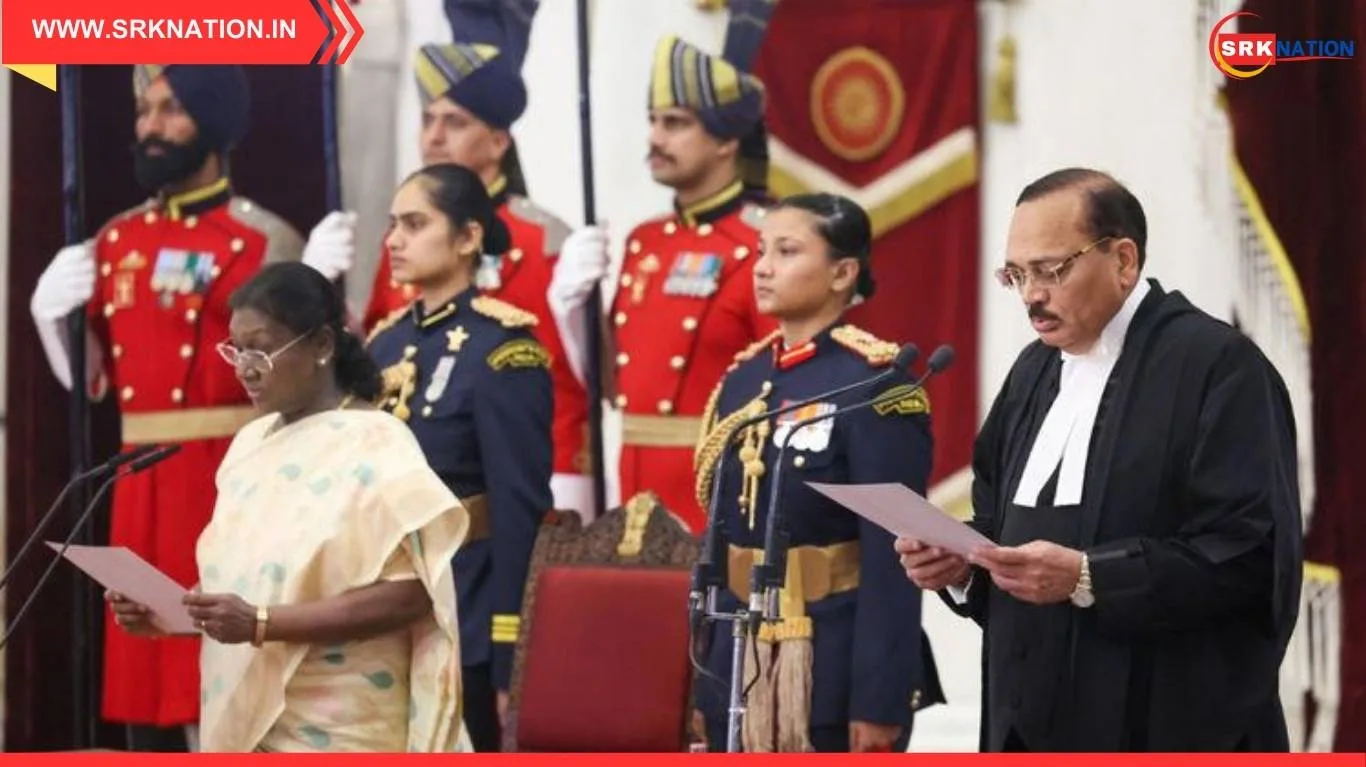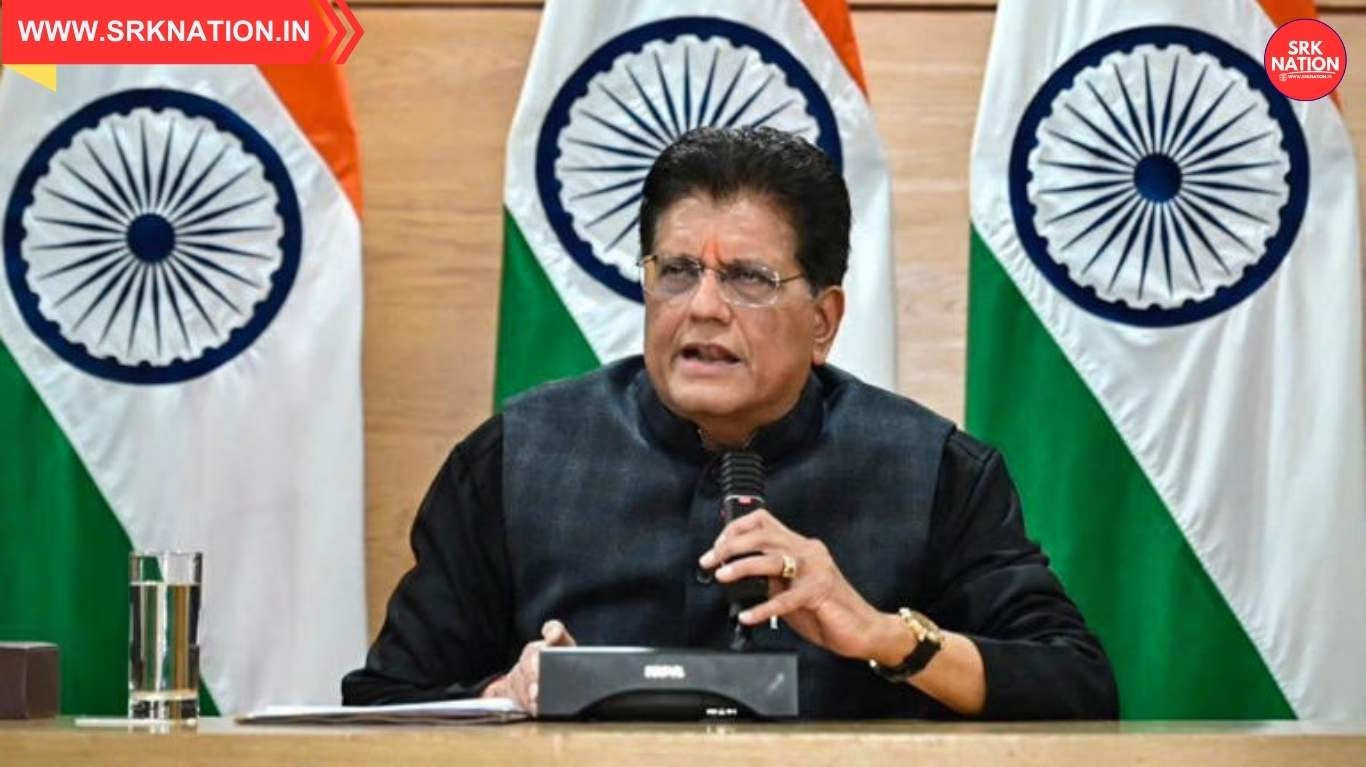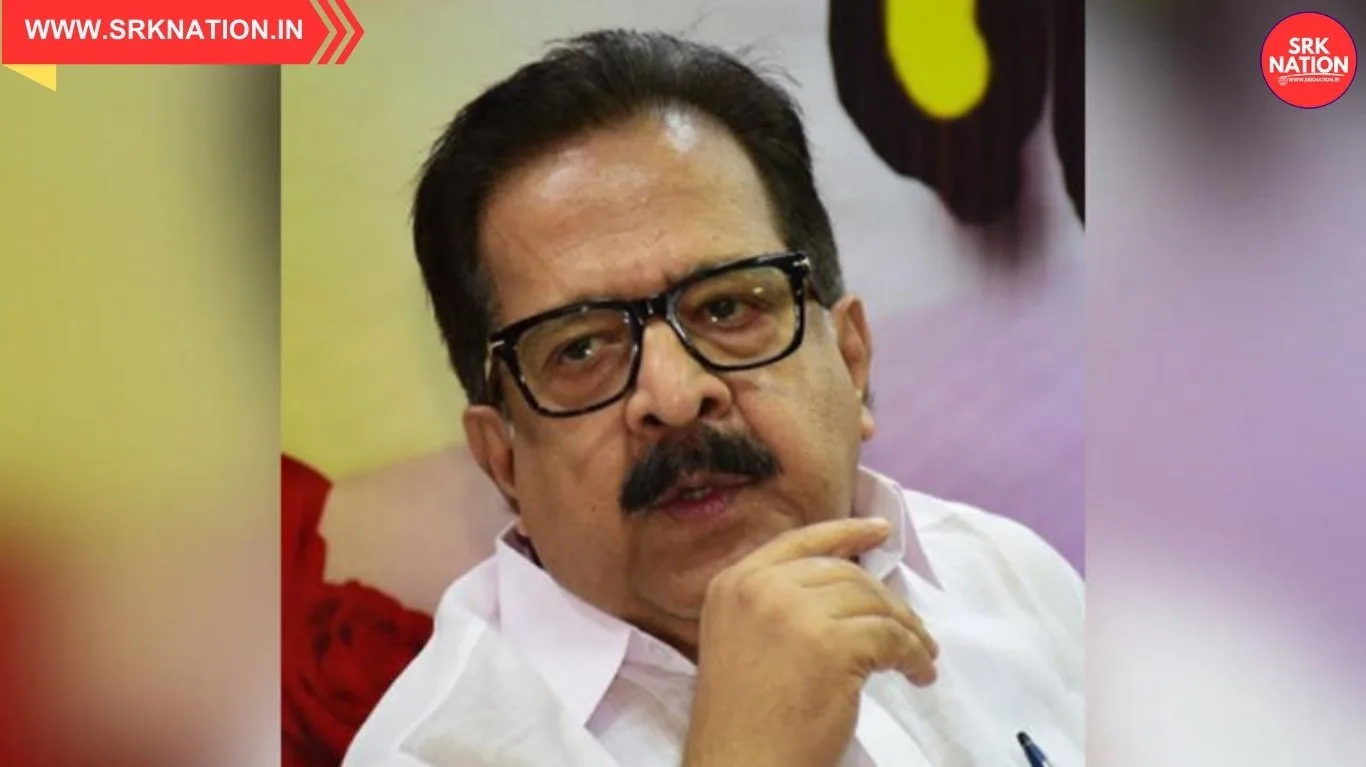In a historic development for India’s judiciary, Justice Surya Kant has been sworn in as the 53rd Chief Justice of India (CJI). His appointment marks a significant moment in the country’s legal landscape, as he takes over the highest judicial office with a tenure of 15 months. Justice Kant’s elevation comes at a crucial time when the judiciary faces challenges of backlog, digital transformation, and the need to strengthen public trust in institutions.
Journey of Justice Surya Kant
Justice Surya Kant’s journey to the top judicial post reflects decades of dedication and service.
- Early Career: Began his practice in Punjab and Haryana High Court, specializing in constitutional, civil, and service matters.
- Judicial Appointments: Elevated as a judge of the Punjab and Haryana High Court in 2001.
- Chief Justice Role: Served as Chief Justice of Himachal Pradesh High Court before being elevated to the Supreme Court in 2019.
- Supreme Court Contributions: Delivered landmark judgments on constitutional law, environment, and governance.
Swearing-in Ceremony
The swearing-in ceremony was held at Rashtrapati Bhavan, where the President of India administered the oath of office.
- Dignitaries Present: Prime Minister, Union Ministers, senior judges, and legal luminaries attended.
- Symbolic Moment: The ceremony underscored the continuity of India’s judicial tradition.
- Public Attention: The event was widely covered, reflecting the importance of the CJI’s role in shaping national discourse.
Key Facts About Justice Surya Kant’s Tenure
| Attribute | Detail |
|---|---|
| Position | 53rd Chief Justice of India |
| Tenure | 15 months |
| Sworn in by | President of India |
| Background | Punjab & Haryana High Court, Himachal Pradesh High Court, Supreme Court |
| Focus Areas | Judicial reforms, backlog reduction, digital courts, constitutional matters |
Challenges Ahead
Justice Surya Kant’s tenure comes with pressing challenges:
- Case Backlog: Over 4 crore cases pending across courts in India.
- Judicial Infrastructure: Need for modernization and expansion of court facilities.
- Digital Transformation: Expanding e-courts and online hearings.
- Public Trust: Strengthening transparency and accountability in judicial processes.
- Constitutional Matters: Handling sensitive cases related to federalism, rights, and governance.
Major Challenges for Justice Surya Kant as CJI
| Challenge | Explanation | Expected Action |
|---|---|---|
| Case Backlog | Millions of cases pending | Fast-track courts, alternative dispute resolution |
| Infrastructure | Limited resources in lower courts | Investment in facilities, technology |
| Digital Courts | Need for modernization | Expansion of e-filing, video hearings |
| Public Trust | Concerns over delays | Transparency, timely judgments |
| Constitutional Cases | Federal disputes, rights issues | Balanced, landmark rulings |
Focus Areas of His Tenure
Justice Kant is expected to prioritize:
- Judicial Reforms: Introducing measures to reduce delays and improve efficiency.
- Technology Integration: Expanding digital platforms for hearings and case management.
- Access to Justice: Ensuring marginalized communities have better access to legal remedies.
- Environmental Jurisprudence: Continuing his strong stance on ecological protection.
- Constitutional Balance: Upholding the independence of the judiciary while respecting democratic institutions.
Expert Opinions
- Legal Scholars: Emphasize his balanced approach to constitutional interpretation.
- Senior Advocates: Praise his commitment to judicial independence and fairness.
- Policy Analysts: Highlight his potential to push digital transformation in courts.
- Civil Society: Expect greater transparency and accessibility under his leadership.
Public Reaction
The appointment has drawn widespread attention:
- Citizens: Express hope for faster justice delivery.
- Lawyers: Welcome his elevation, citing his experience and integrity.
- Media: Focused on his 15-month tenure and the challenges ahead.
- Academia: Discussing his potential impact on constitutional jurisprudence.
Future Outlook
Justice Surya Kant’s tenure is expected to:
- Strengthen Judiciary: Through reforms and modernization.
- Deliver Landmark Judgments: On constitutional and governance issues.
- Enhance Global Standing: Position India’s judiciary as a model for democratic nations.
- Prepare Successor Transition: Ensure smooth handover to the next CJI.
Conclusion
The swearing-in of Justice Surya Kant as the 53rd Chief Justice of India marks a pivotal moment in the country’s judicial history. With a 15-month tenure, he faces the dual challenge of addressing systemic issues while delivering landmark rulings. His focus on reforms, digital transformation, and constitutional balance will define his legacy and shape the future of India’s judiciary.
Disclaimer: This article is based on publicly available judicial updates, expert commentary, and institutional reports. Readers are advised to follow official Supreme Court and government releases for verified details.











